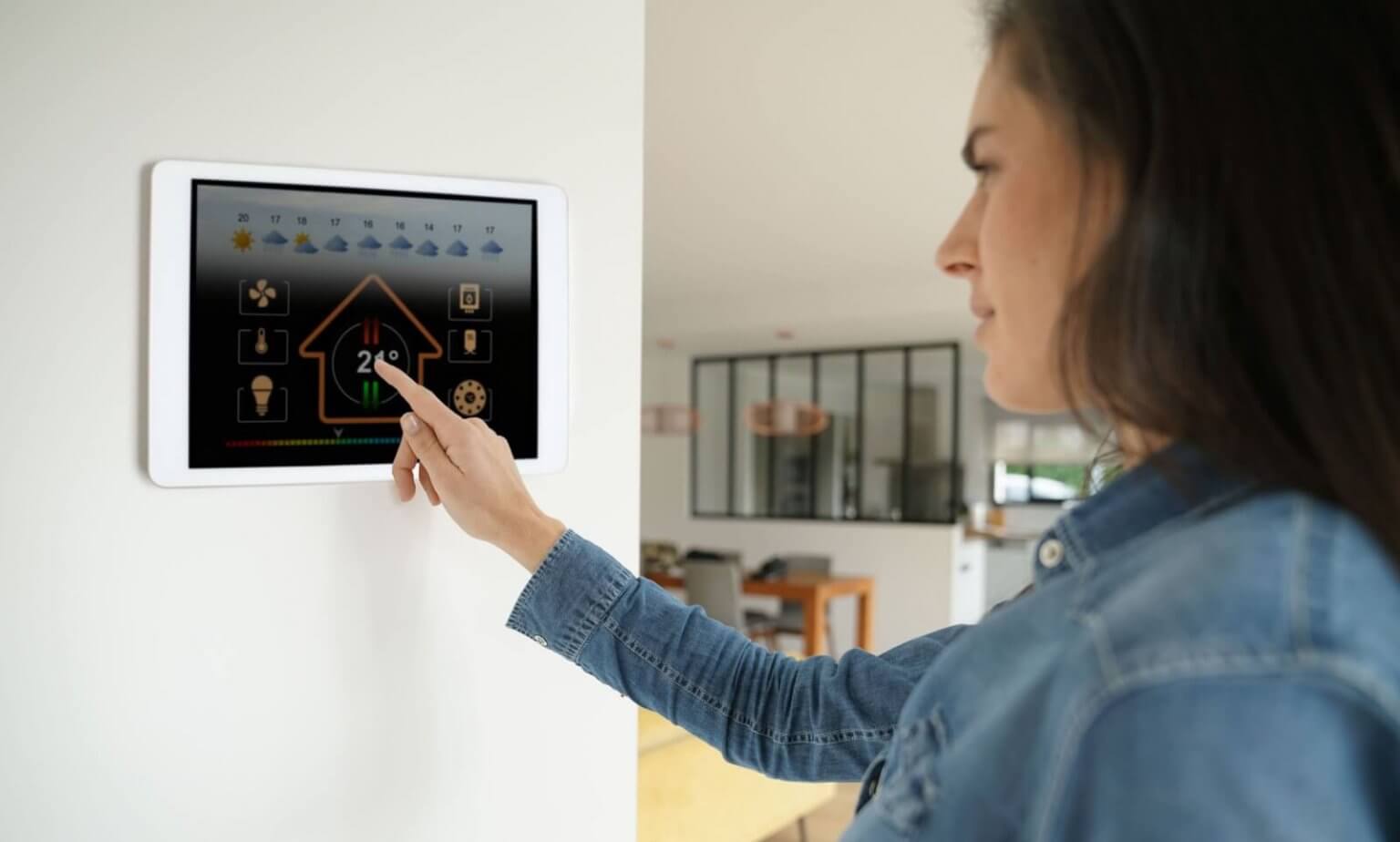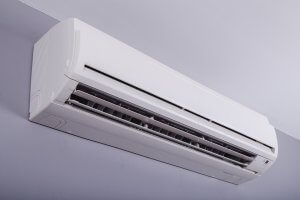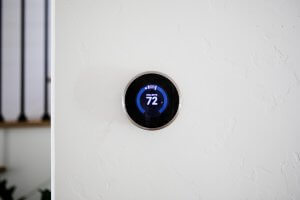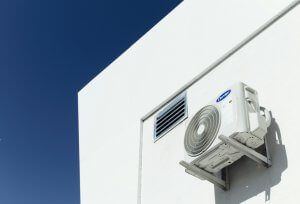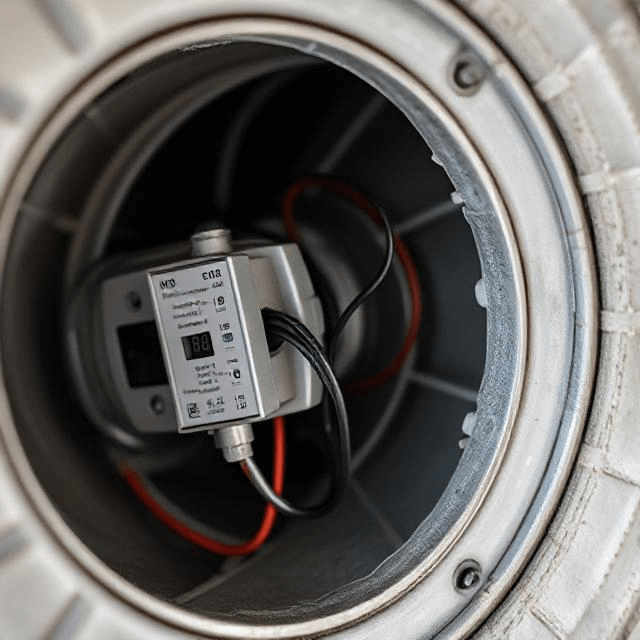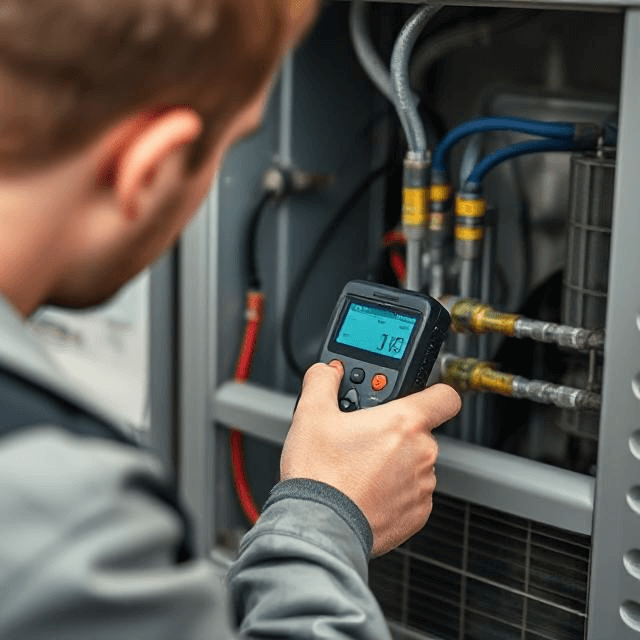Did you know that heating your home uses more energy and costs more money than any other system in your home? Heating costs typically account for about 29% of your utility bill, and depending on where you live, it can easily consume almost half of an average household energy budget.
The good news is that no matter what kind of heating system you have in your house, you can save money and increase your comfort by properly maintaining and upgrading your equipment.
The most efficient way to heat your home
Energy efficiency is an important goal for any homeowner looking to reduce home comfort expenses.
Several options, such as wood heat, wood stoves, and pure-burning radiant gas heaters designed for indoor use, can be very efficient and cost-effective. However, in this article, we will discuss more common systems.
The most efficient way to heat your home is with an electric heat pump – but most structures don’t have a heat pump. Instead, they rely on a heating element in their HVAC system.
Heat pumps are more efficient and can help you save money if you live in a colder part of the state or run the heat often in the winter.
The second most efficient heating system is a furnace. Furnaces are the most common type of heating system, and more modern models contain new technologies and features that can boost efficiency.
If you heat your space with an HVAC system, here are some tips to save money and still stay warm in the colder months:
9 ways to save money on heating costs
- Heat only the areas of your house that are in use. Heating your whole home area is more expensive than heating part of it. Therefore, you could save money by using space heaters or heating panels in the rooms in use.
- Adjust your living environment. Consider adding rugs on bare floors, using heating pads, and personal heaters so that you’re comfortable at lower temperatures.
- Dress appropriately. Stay nice and warm while you’re indoors by wearing thick socks, slippers, and layered clothing. Warming yourself is a lot cheaper than trying to warm your whole space. Once you’re warm, turn your thermostat down to 67°F or lower to save energy.
- Install home insulation. Good insulation prevents your space from leaking precious heat; it’s an investment that can pay off in the long run.
- Focus on the quality of your doors and windows. The doors and windows of your home can cause heat loss in the winter months, so using weather strips can help cost-effectively insulate your area and keep heat from escaping.
- Turn the heat off when you don’t need it. Turn your heat off (or way down) when you’re away from your home or office. Contrary to popular myth, it does not cost more to reheat your space than it does to heat it constantly.
- Use ceiling fans at low speed. Although this might sound contradictory, ceiling fans can actually make you warmer by setting the fan on the lowest speed in the winter, so the fan isn’t fast enough for the wind chill effect to kick in. It will be fast enough to push down the warm air that collects near the ceiling since hot air rises. Ceiling fans use very little electricity and can make a big difference in your comfort level.
- Don’t oversize your HVAC system. Don’t get a bigger HVAC system than you need since this doesn’t warm your area any better, and you just end up spending a lot more on installation.
- Don’t forget to schedule a tune-up. Get your equipment professionally tuned up every year for an efficient and safe operation. Schedule your tune-up today.
By combining proper equipment maintenance and upgrades with recommended insulation, air sealing, and thermostat settings, you can save on your energy bill and still live comfortably in the chilly months.
Need Assistance? Contact the experts today!
Contact us today for more information on home heating and expert help choosing the most efficient heating system for your home needs!



